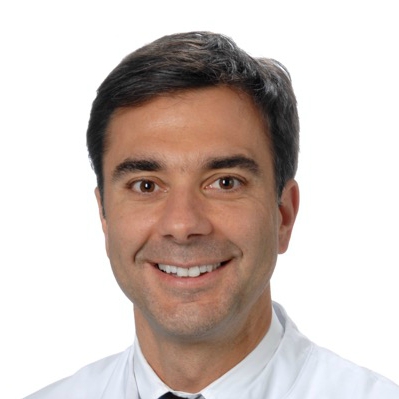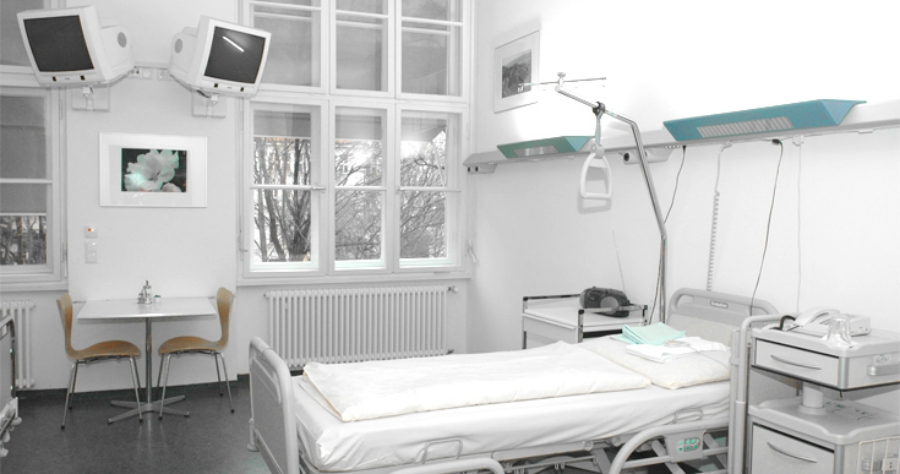Ludwig Maximilian University Hospital
![]() Munich, Germany
Munich, Germany
Conservative treatment of Endocarditis
- Initial consultation with the doctor
- clinical examination
- cardiological examination
- review of medical records
- laboratory tests:
- complete blood count
- biochemical analysis of blood
- electrolyte levels
- kidney function test
- blood urea nitrogen (BUN) level
- creatinine level
- liver function test
- thyroid function test
- lipid profile
- hormonal analysis
- blood culture
- cardiac biomarkers
- lactate dehydrogenase isozymes
- troponin
- creatine kinase
- ck-MB
- hemoglobin concentration
- blood glucose levels and HbA1c
- coagulation studies
- arterial blood gas measurement
- general urine analysis
- urinary albumin-to-creatinine ratio
- ECG
- chest X-ray
- perfusion scanning (if indicated)
- MRI of the chest (if indicated)
- transesophageal echocardiography (TEE)
- CT angiography (if indicated)
- nursing services
- consultation with cardiologist
- consultation with other related specialists
- supportive treatment
- cost of medicines
- explanation of an individual treatment plan
- written prescription
Department of Cardiology

Head of the Department
Prof. Dr. Steffen Massberg
Department of Cardiology at Ludwig-Maximilian University Hospital provides care for patients with conditions related to the heart. The most common diseases the department treats are coronary heart disease, heart failure, myocardial infarction and disturbance of heart rhythm...
Read MoreAbout Ludwig Maximilian University Hospital
The Ludwig Maximilian University Hospital (LMU) (also named as the university hospital of Munich) ranks among the leading medical centers both in Germany and internationally. The hospital is divided into 29 specialist units, 11 institutes, and 7 departments. Almost 49 interdisciplinary centers work together across subject barriers to provide care and innovative treatment to over 500,000 patients every year at the university hospital of Munich.
In addition to the outpatient care facilities, the hospital is equipped with over 2,000 beds for partially and fully inpatient treatment. The hospital also consists of about 1,700 specialist doctors and around 3,200 nursing staff who work hand in hand to offer the patients a holistic spectrum of diagnostic and therapeutic procedures through experience and use of the latest technology.
The doctors at the hospital put great efforts into the research of new innovative treatment options and have contributed to a very great extent in the advancement of German medicine.






